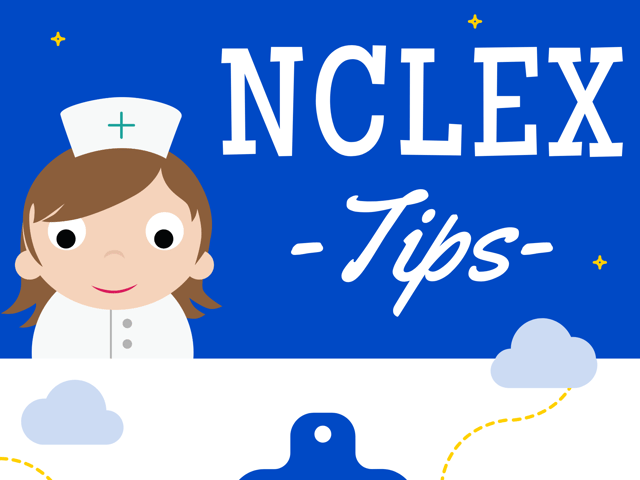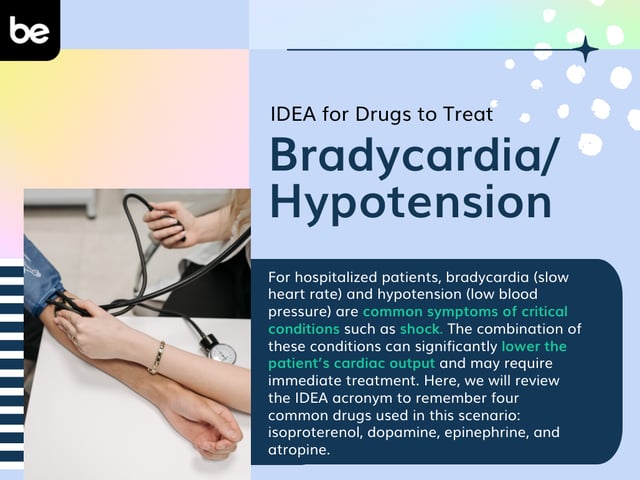
The NCLEX-RN Test: 10 Strategies to Pass It the First Time
You’ve given your mind, body, and soul to nursing school over the last few years, and now only one daunting little step stands before you- the NCLEX-RN exam. Before you decide that maybe you just want to work at Old Navy for the rest of your life, don’t panic! You DO have the knowledge to pass the exam, you just need to know how to leverage it. Here are 10 tips to help you pass the NCLEX exam the first time:
1. Always focus on the patient
Correct answers acknowledge their feelings, take into account their preference, or offer them a choice when possible.
2. Pick the “umbrella” answer
Is there a comprehensive answer that seems to have several correct answers under it? Odds are it’s correct.
3. Watch for “global” words
Anything that implies you must do something without any exception (always, never, only, every, must) is typically incorrect.
4. Stop worrying about the previous question
Don’t worry if you chose the first answer for the last four questions. The test is randomized, so if you feel the answer is correct, select it. To get a feel for how the questions are constructed, try an NCLEX-RN practice test
5. Live in an ideal world
Each question expects you have a full staff and unlimited time to dedicate to each patient. Don’t eliminate an answer because it doesn’t seem “realistic” or “real life.”
6. Remember your ABCs
When it comes to priority (and there is a lot of priority on the NCLEX) remember- Airway, Breathing, Circulation, in that order. If those issues are taken care of, you can move on to addressing safety, pain, education, and the patient’s feelings.
7. Know your labs
Most of the time memorization isn’t super helpful for the NCLEX, but lab values are an exception. Unlike the clinical setting, you will not be given a range of normal and abnormal labs, so you must know the ins and outs of low, normal, and high values.
8. Remember your nursing interventions
Do you need more information before you act? Remember- assessment, planning, THEN intervention.
9. Know your meds
Medication safety is huge on the NCLEX because it’s huge in the job of a nurse. You will likely see a lot of medications you don’t know, so make sure to learn common prefixes, roots, and suffixes. If you have no idea what the medication is, look to the patient’s diagnosis for clues about what the drug should be doing for the patient.
10. Don’t pass the buck
Typically the answer that tells you to call the doctor/therapist/someone else is wrong. The test is assessing what YOU would do, not how you would delegate. Calling the doctor might be the best option down the road, but there is usually another intervention you should perform first.

Keep Reading

National Council Licensure Examination-Registered Nurse Blog
What to Expect in Nursing School Clinicals
The clinical experience is a rite of passage for all nursing students, …

National Council Licensure Examination-Registered Nurse Blog
What is the NCLEX Next Generation (NGN) Exam?
If you’re interested in becoming a registered nurse, you likely know th…

National Council Licensure Examination-Registered Nurse Blog
IDEA for Drugs to Treat Bradycardia/Hypotension
For hospitalized patients, bradycardia (slow heart rate) and hypotensio…